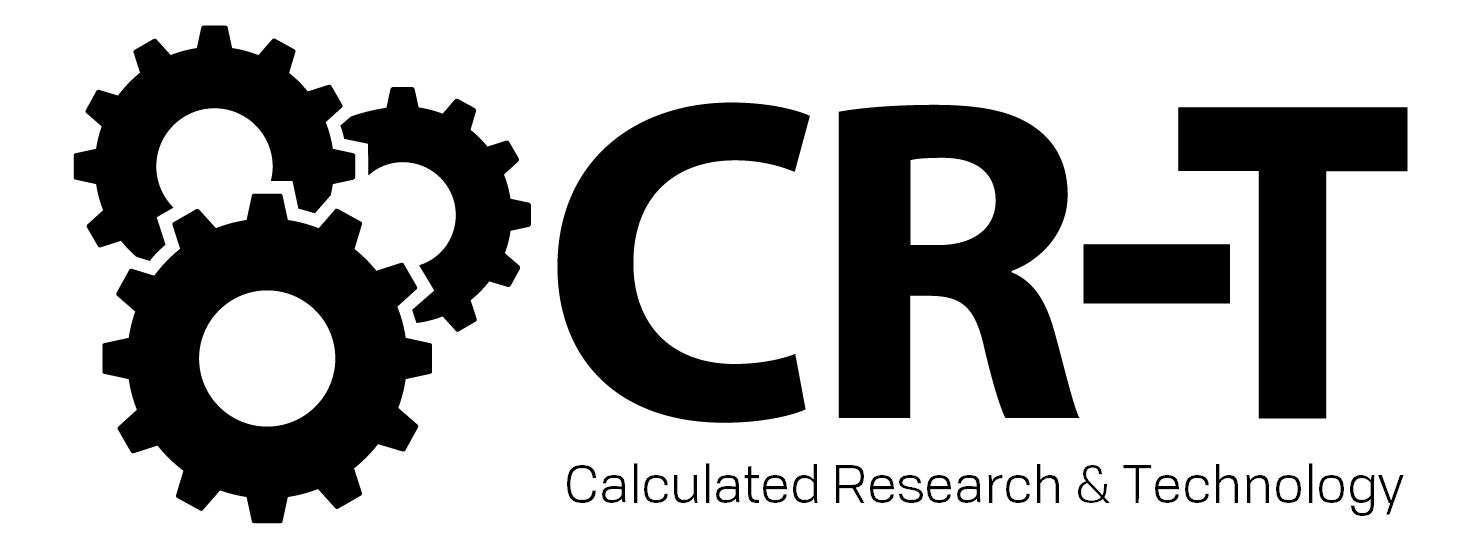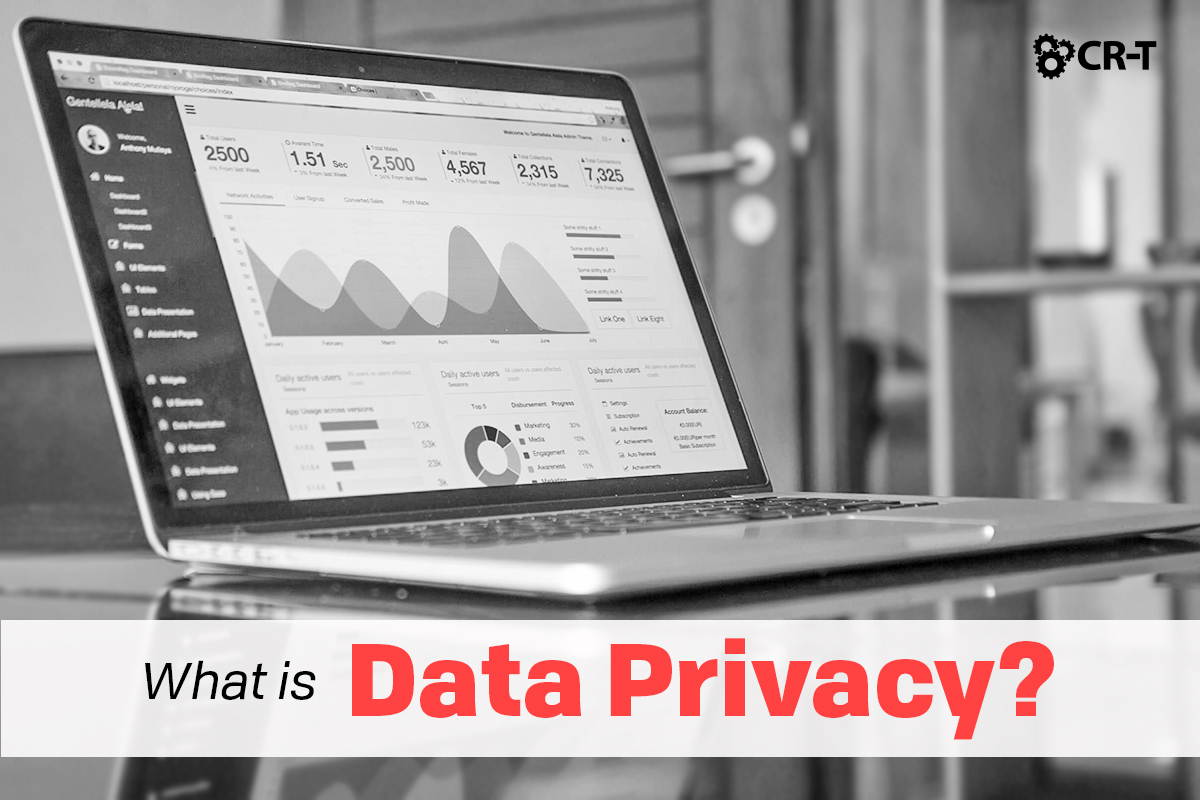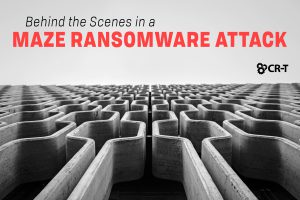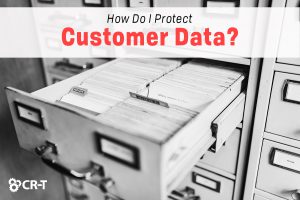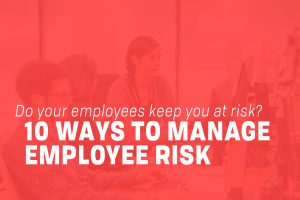Data privacy, also known as information privacy, refers to the proper handling of sensitive data, specifically, your customers’ data. This includes how data is legally collected and stored, as well as whether and how data is shared with third parties.
Over the last several years, data has become a digital gold mine for companies, often at the expense of the customer.
But customers and clients have the right to control how their personal information is collected and used. It’s your job and duty to protect the data that customers have entrusted to you and your organization.
The Difference Between Data Privacy and Data Security
Data security and data privacy are two sides of the same coin, but they each have some distinct differences.
Data security involves the policies and procedures that protect sensitive data and user information from unauthorized access. For example, an unauthorized user hacking into your network would be a breach of data security. Firewalls, multi-factor authentication, and network access control are all tools that strengthen data security.
Like data security, data privacy is meant to protect sensitive data from falling into the wrong hands. But information privacy focuses specifically on the policies and procedures governing how data is collected, stored, and shared. If one of your employees shares customer data with an unauthorized third party, it isn’t necessarily an issue of data security, but it’s definitely a violation of data privacy.
Why Data Privacy is Important
First, it’s important to note that data privacy is impossible without proper data security.
Unfortunately, many organizations have robust security measures and policies; yet they fail to address data privacy.
This is bad news for customers, but it can also create a lot of problems for companies as well.
Information privacy laws and requirements are changing every year, and the fines and penalties associated with these laws can be costly.
For example, penalties issued by the California Attorney General for violating the California Consumer Privacy Act (CCPA) can range anywhere from $2,500 to $7,500 per violation (source: CCPA).
Individuals also have a right to sue organizations “in the event of a data security breach that results in unauthorized access and exfiltration, theft, or disclosure of the individual’s personal information” (source: CCPA).
Regional information privacy laws affect all companies that may potentially collect personal information from a citizen living in that region. That’s why it’s important for every organization to understand these laws and ensure that their company remains data compliant.
Otherwise, it could cost you.
Final Thoughts
Data privacy means properly handling sensitive data. And information privacy laws hold organizations accountable for the ways in which they collect, store, and share customer data.
Data compliance has never been more important than it is now. Protect your customers and your organization by becoming data compliant today.
Check out this article to learn about other project services that can benefit your business.
Schedule a free consultation to learn how you can become data compliant.
Blog & Media
Cloud Services
Managed IT Support
Cyber Security
Project Services
Servers/Infrastructure
Firewalls
Networking
Hardware/Software
Microsoft Products/Cloud
Amazon Web Services
Penetration Testing vs Vulnerability Scanning
If you’re responsible for managing the security of your organization’s network or systems, you may have heard the terms “penetration testing” and “vulnerability testing” thrown
Backup and Disaster Recovery
Your organization can’t afford to neglect backup and disaster recovery. If it takes your business too long to get back online after a disaster, you
6 Steps to Secure Customer Data
Securing customer data is essential for one major reason: your business depends on it. As an IT director, you recognize the importance of cybersecurity when
5 Steps to Promote Compliance in the Workplace
You’re familiar with the ever-changing world of regulatory compliance. Robust compliance enables you to avoid legal liabilities while improving your organization’s effectiveness. And many of
